Bitcoin 2025: 7 Real Questions Vietnamese Are Asking (And What Might Surprise You)
Here we are—Vietnam, mid-2025—and yes, Bitcoin is still here. Actually, it’s not just here—it’s still leading the crypto conversation in Vietnam.
Despite thousands of new coins, market crashes, and enough crypto scandals to fill Vietnamese news feeds for years, Bitcoin in Vietnam 2025 remains on top.
So why is it still the most trusted? What’s the BTC price forecast in Vietnam really saying? What’s changed—and what hasn’t? Let’s break down seven honest questions that Vietnamese people are actually asking right now.
1. Is Bitcoin Still Relevant in Vietnam in 2025?
Absolutely.
In Vietnam, Bitcoin has evolved from a speculative asset to something much bigger: a digital financial backbone. Vietnamese banks, local funds, and even family-run businesses in Ho Chi Minh City and Hanoi now hold Bitcoin as part of their portfolios.
Countries like El Salvador and global giants like Fidelity support Bitcoin, but more importantly, Vietnamese freelancers, SMEs, and tech startups have begun using it as a practical financial tool.
While newer chains in Vietnam (like Solana or local Web3 projects) dominate headlines, Bitcoin quietly stays the most trusted.
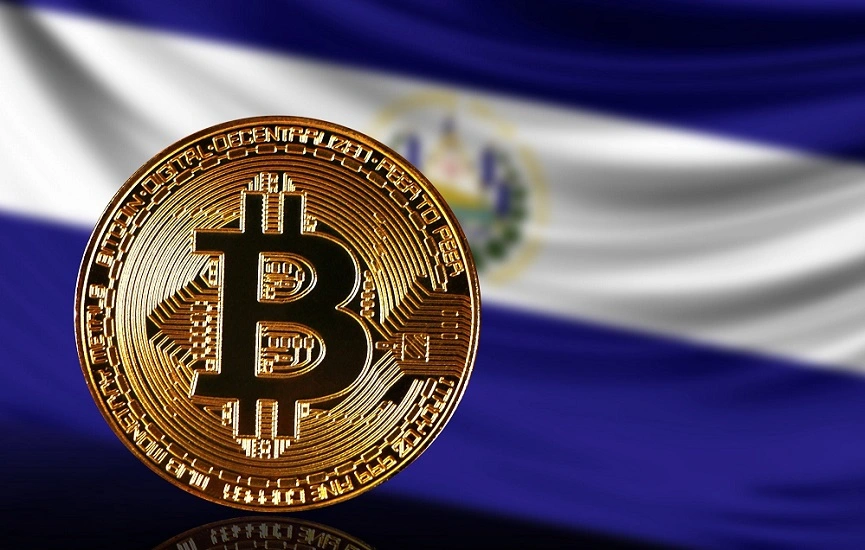
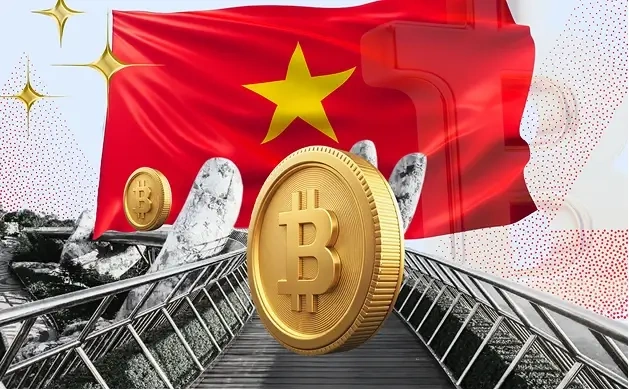
2. What’s the BTC Price Forecast in Vietnam for 2025?
It depends on who you ask—from student traders in Da Nang to professional investors in Ho Chi Minh City.
- Some Vietnamese crypto analysts predict Bitcoin will stay between 2.1 to 3.5 billion VND per BTC (~$85K to $150K USD) by the end of 2025.
- Others warn of a potential pullback toward 1.5 billion VND (~$60K USD) if global markets tighten.
But the long-term sentiment in Vietnam is still bullish. Vietnamese investors who survived past crashes now see Bitcoin as a store of value, not a short-term gamble.
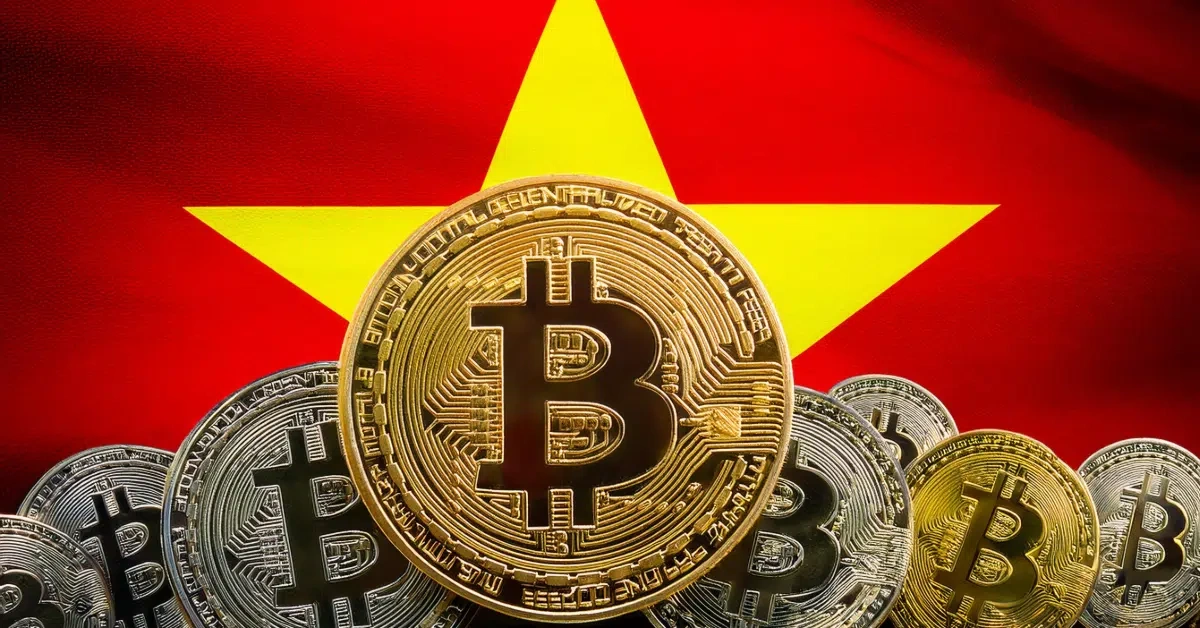
3. Why Hasn’t Another Crypto Replaced Bitcoin in Vietnam?
Simple: Trust.
Vietnamese investors love to experiment. They’ve chased Solana, Polygon, and play-to-earn tokens—but when it comes to storing wealth, they come back to Bitcoin.
Bitcoin’s biggest advantage in Vietnam? It has no CEO, no marketing gimmicks, no central foundation. It’s not a fast-moving DeFi chain—it’s slow, secure, and decentralized.
While Vietnamese developers are excited about Ethereum smart contracts and Web3 games, Bitcoin stays dominant in long-term portfolios.

4. Are People in Vietnam Actually Using Bitcoin for Payments?
More than you might think.
- Vietnamese freelancers now frequently accept Bitcoin for overseas payments to avoid high SWIFT transfer fees.
- In Ho Chi Minh City’s District 1 and Hanoi’s Old Quarter, several cafes and shops accept Bitcoin via the Lightning Network.
- Bitcoin is increasingly used for cross-border payments to Cambodia, Laos, and Thailand, especially in the travel and digital services sectors.
For most Vietnamese investors, Bitcoin is still more “store of value” than daily spending money. But among younger, tech-savvy users, BTC payments are growing fast.
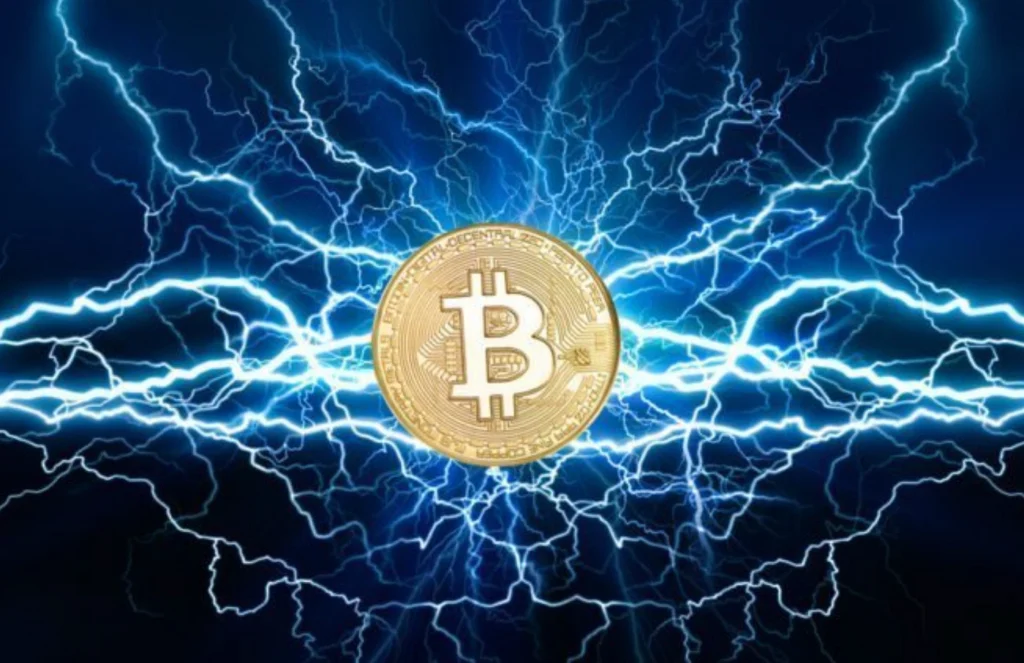
5. How Secure Is Bitcoin Compared to Other Cryptos in Vietnam in 2025?
It’s still the most secure crypto asset in Vietnam.
Bitcoin’s hash rate reached record highs in 2025, making the network extremely difficult to attack. Meanwhile, newer blockchains popular in Vietnam, like Solana, have faced repeated outages and bugs.
Vietnamese investors who’ve been burned by failed play-to-earn tokens and collapsed projects now trust Bitcoin’s simple, battle-tested system.
When it comes to security, Bitcoin is still the gold standard in Vietnam’s crypto ecosystem.
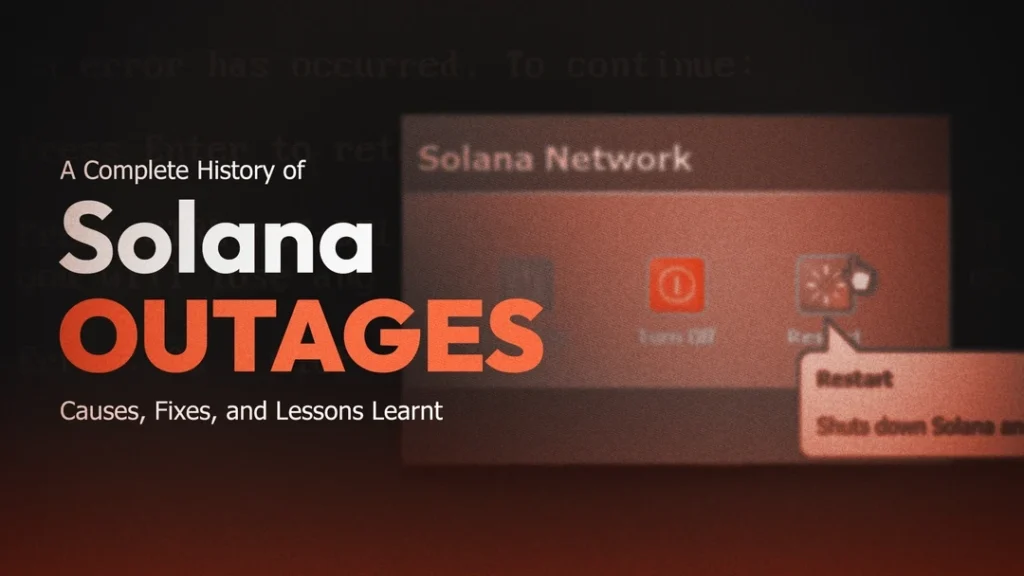
(Source: https://www.helius.dev/blog/solana-outages-complete-history)
6. What about Bitcoin’s energy problem—still a thing?
In Vietnam, this debate has shifted.
Vietnam’s solar, hydro, and wind power capacity has exploded in the last few years. Many Bitcoin mining farms in the northern provinces now use excess hydroelectric power or integrate with local solar grids.
Vietnamese miners are also exploring ways to use wasted industrial energy or flare gas to power their operations, similar to trends in Texas and China.
The energy conversation isn’t over—but in Vietnam, it’s no longer seen as a deal-breaker.
7. So… will Bitcoin still rule in 2030?
It’s impossible to predict for sure—but here’s the local sentiment: even if other blockchains “do more,” Bitcoin still means more.
Bitcoin in Vietnam is now a symbol of financial freedom—especially as the country moves toward tighter digital currency regulations and as the government explores a potential central bank digital currency (CBDC).
Vietnamese investors increasingly see Bitcoin as a hedge against future financial control and inflation.
Will newer Vietnamese crypto projects rise? Maybe. Will Bitcoin still matter? Almost certainly.
In Vietnam 2025, Bitcoin isn’t the flashiest coin—but it’s the one people trust the most.




